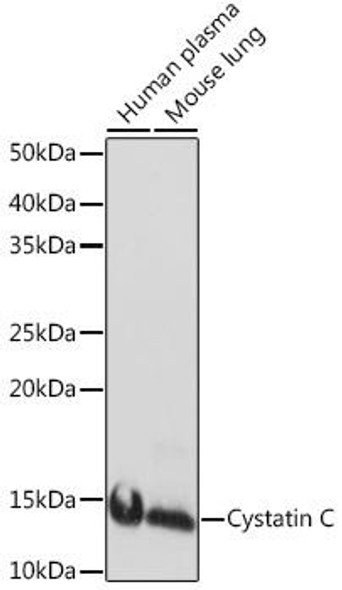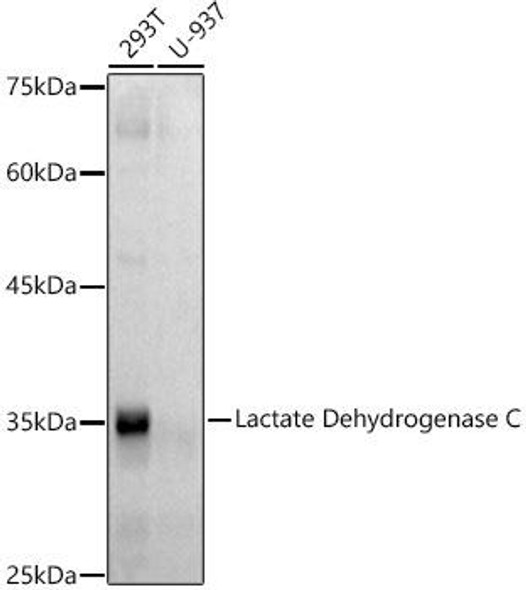HIV1 p24 Monoclonal Antibody, C-80 [80] (CPAB0411)
- SKU:
- CPAB0411
- Product Type:
- Antibody
- Antibody Type:
- Monoclonal Antibody
- Reactivity:
- Virus
- Host Species:
- Mouse
- Isotype:
- IgG1
- Clone:
- 80
Description
HIV1 p24 Monoclonal Antibody, C-80 [80] (CPAB0411)
The HIV-1 p24 Antibody (C-80) (CPAB0411) is a crucial tool for researchers studying HIV-1, the virus responsible for causing AIDS. This polyclonal antibody is highly specific for the p24 protein of HIV-1 and is reactive with samples from infected individuals, making it an essential component for HIV research. Validated for use in various applications including Western blot and ELISA, this antibody enables precise detection and analysis of the p24 protein in HIV-1 infected cells.
The p24 protein is a core structural protein of HIV-1, playing a key role in the replication and assembly of the virus. Detection and study of this protein are vital for understanding the lifecycle of HIV-1 and developing effective treatments and diagnostic tools. By targeting the p24 protein, researchers can gain valuable insights into virus replication, pathogenesis, and immune response dynamics, ultimately leading to advancements in HIV/AIDS research and therapy development.
| Product Name: | HIV1 p24 Antibody, C-80 |
| Product Sku: | CPAB0411 |
| Size: | 500μg |
| Host Species: | mouse |
| Immunogen: | r.HIV-1p24 Core |
| Clone: | 80 |
| Reactivity: | Viral |
| Applications: |
| Purification Method: | Protein A / S-Sepharose. |
| Isotype: | IgG1 |
| Background: | Human immunodeficiency virus (HIV) is a retrovirus that can lead to a condition in which the immune system begins to fail, leading to opportunistic infections. HIV primarily infects vital cells in the human immune system such as helper T cells (specifically CD4+ T cells), macrophages and dendritic cells. HIV infection leads to low levels of CD4+ T cells through three main mechanisms: firstly, direct viral killing of infected cells; secondly, increased rates of apoptosis in infected cells; and thirdly, killing of infected CD4+ T cells by CD8 cytotoxic lymphocytes that recognize infected cells. When CD4+ T cell numbers decline below a critical level, cell-mediated immunity is lost, and the body becomes progressively more susceptible to opportunistic infections. HIV was classified as a member of the genus Lentivirus, part of the family of Retroviridae. Lentiviruses have many common morphologies and biological properties. Many species are infected by lentiviruses, which are characteristically responsible for long-duration illnesses with a long incubation period. Lentiviruses are transmitted as single-stranded, positive-sense, enveloped RNA viruses. |
| Synonyms: | |
| Storage Buffer: | In lyophilized form, for long periods, store at 4°C in a dry environment. After reconstitution, if not intended for use within a month, aliquot and store at -20°C. |






